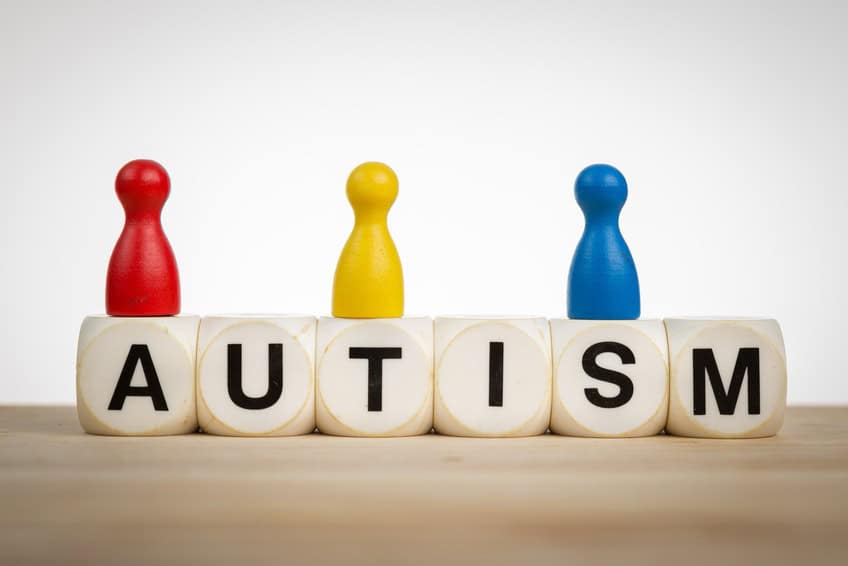Up until recently, autism spectrum disorders have been largely shrouded in mystery for parents and medical experts alike. While the “root” or definitive cause of autism has yet to be found, recent innovations in autism research have proved fruitful, yielding knowledge that allows experts and parents to cope with the disorder in the best way possible, vastly improving the outcome for children who have autism. Researchers have discovered that genetics play a strong role in the development of autism. And as far as treatment goes, the earlier autism is detected in the child, the better.
Before understanding how to detect autism, it helps to understand what the disorder is. Autism and other spectrum disorders affect the way individuals process information. This happens because of the way in which the nerve cells are organized and connect with their synapses. This results in an array of symptoms, from lack of social communication skills to restricted and repetitive behavior, to a difficulty in fine motor skills.
According to the diagnostic criteria for autism spectrum disorders, the signs of autism are apparent by the time the child reaches the age of three. During the subsequent stages of development, parents should look out for these signs of autism:
- By six months old, the child won’t show emotions readily. This includes smiling and showing happiness.
- By nine months, the child has yet to repeat sounds or mimic expressions.
- By one year, the baby has yet to speak, and does not interact using gestures.
- At 16 months, the child has yet to speak.
- By two years old, communication skills are minimal, and the child has yet to make meaningful phrases.
While an early diagnosis can be an emotional and overwhelming thing for any family, it is a means of providing the best possible outcome for your autistic child. This will allow you to enroll your child in the necessary autism programs, or even start thinking about schools for children with learning disabilities. This will also help the child to learn proper self-care at an early age, empowering them for later in life.
